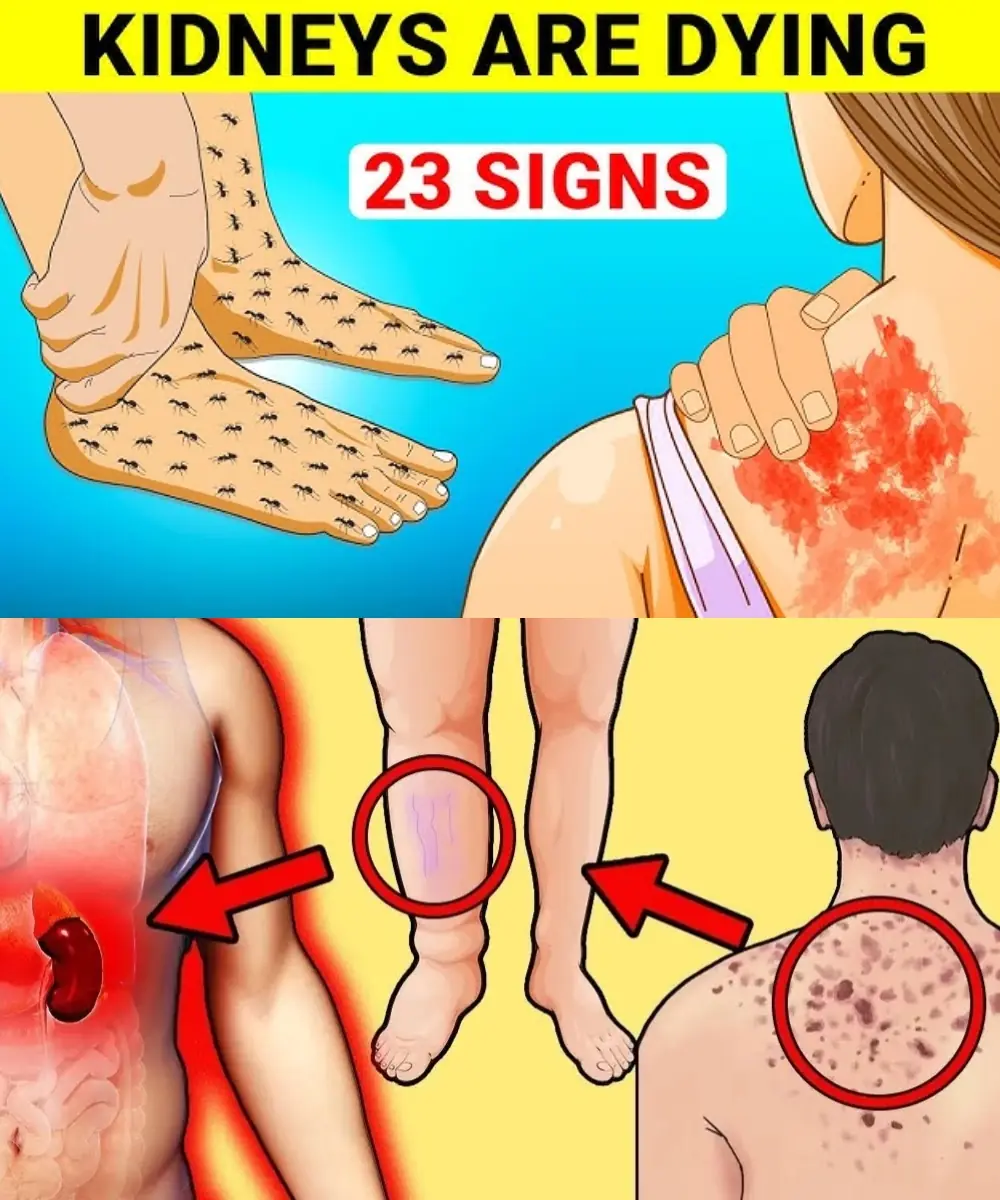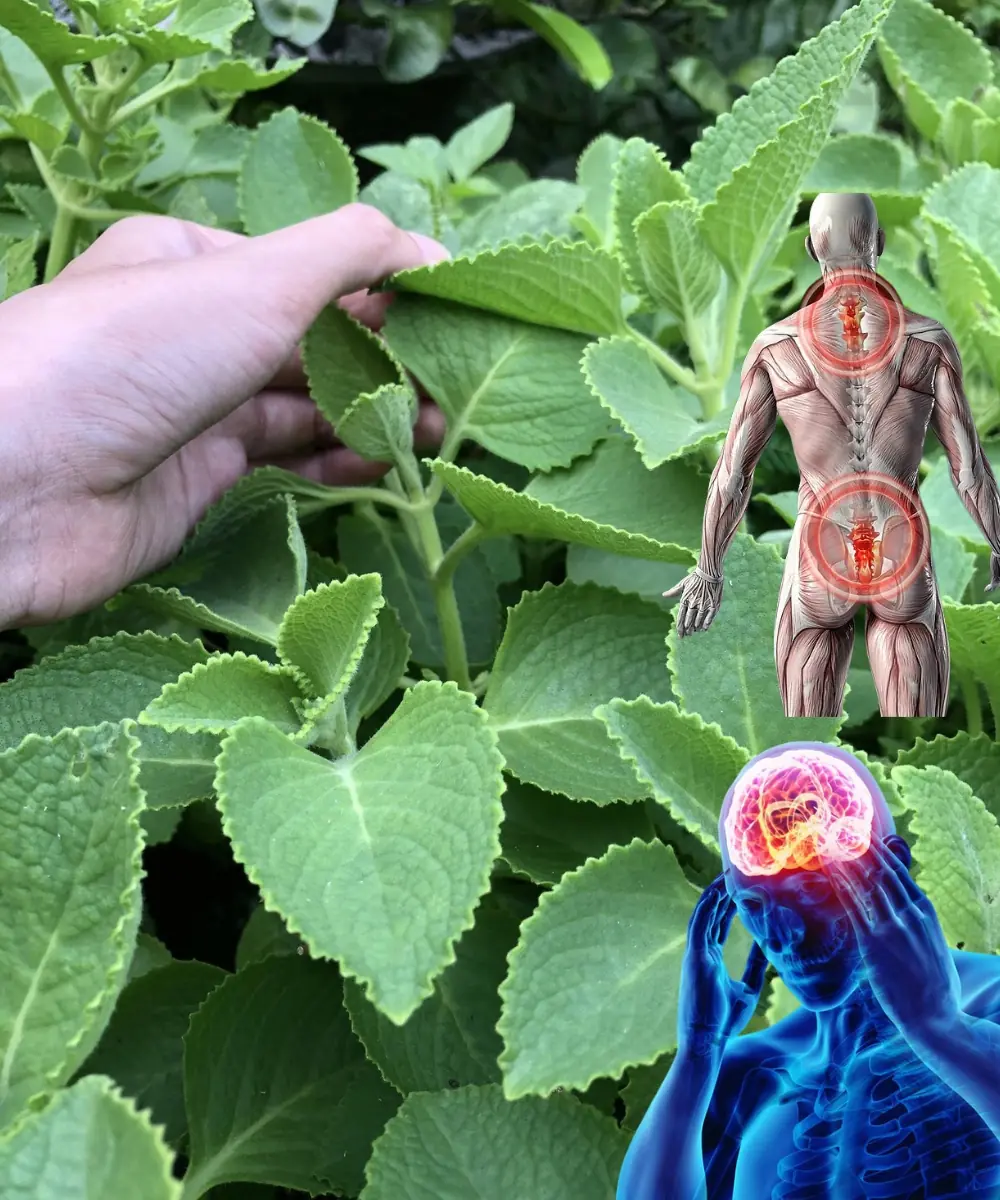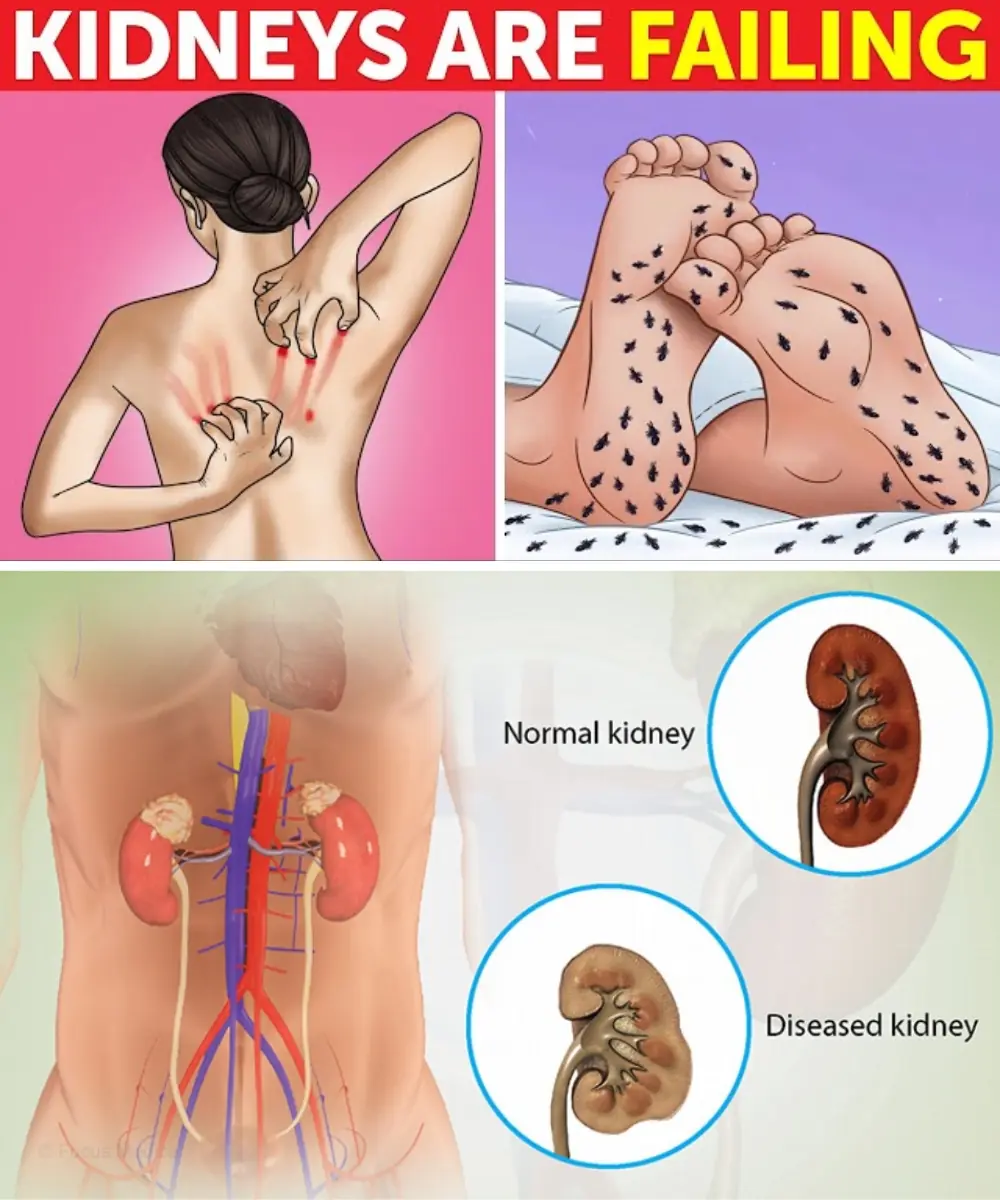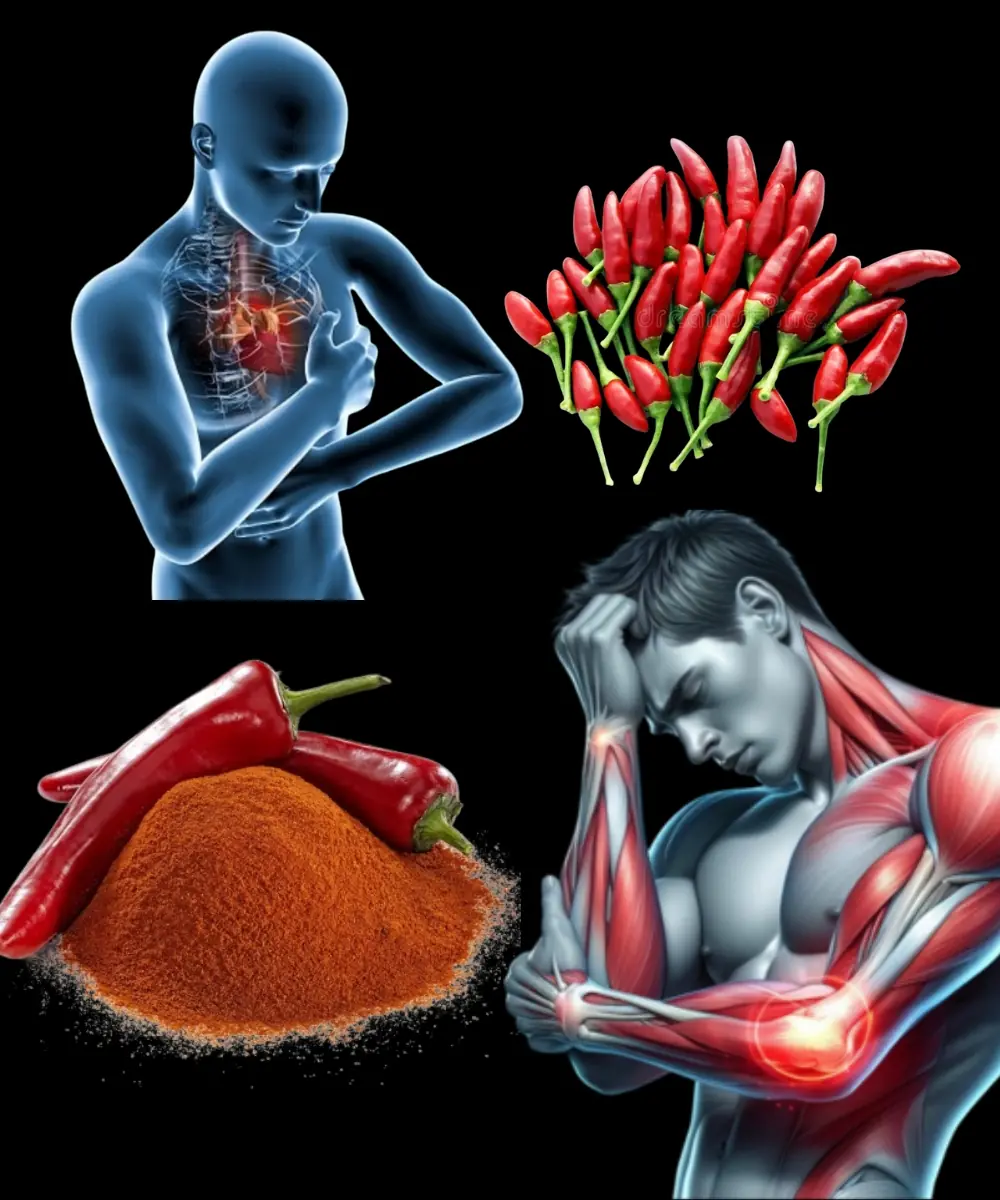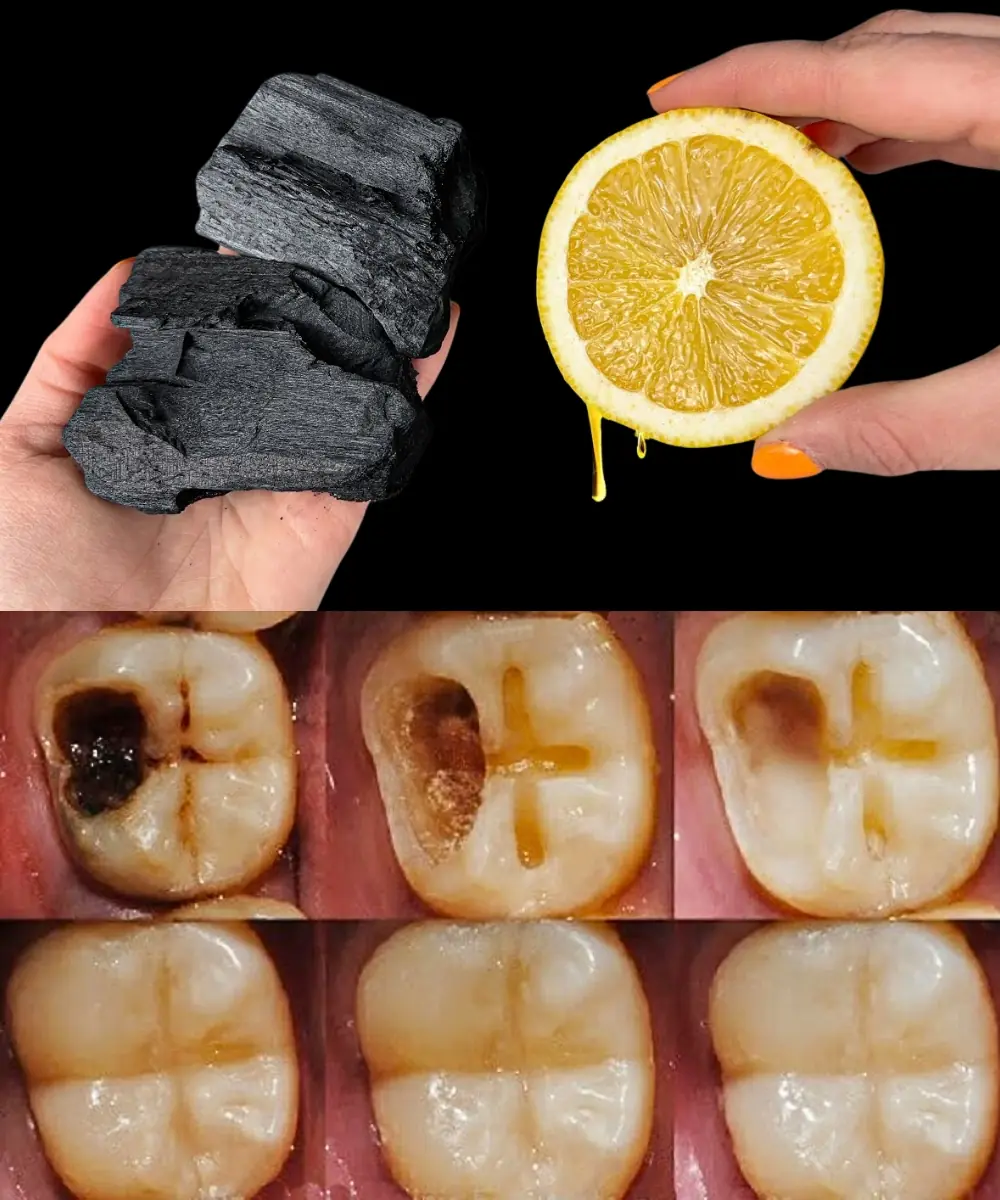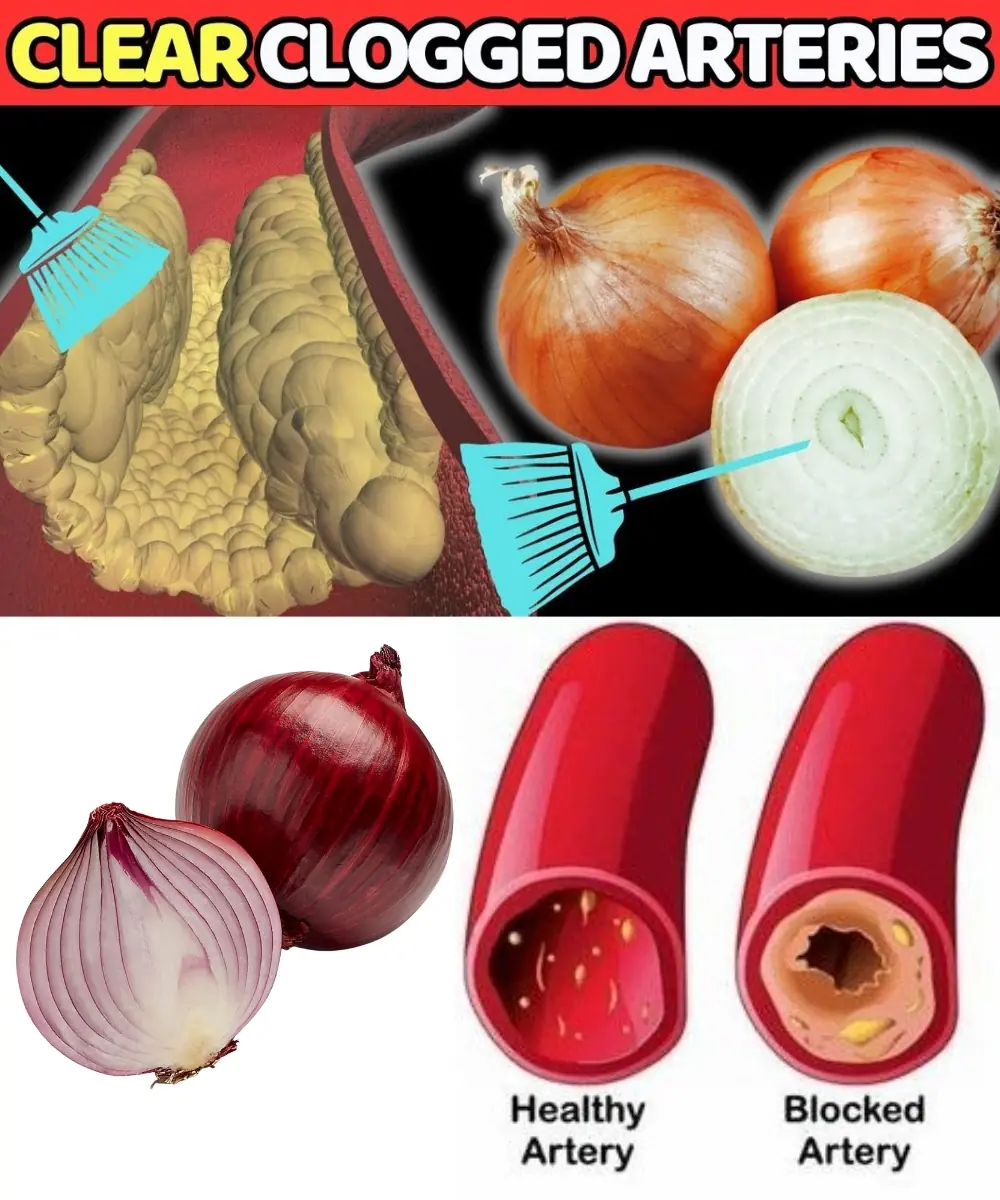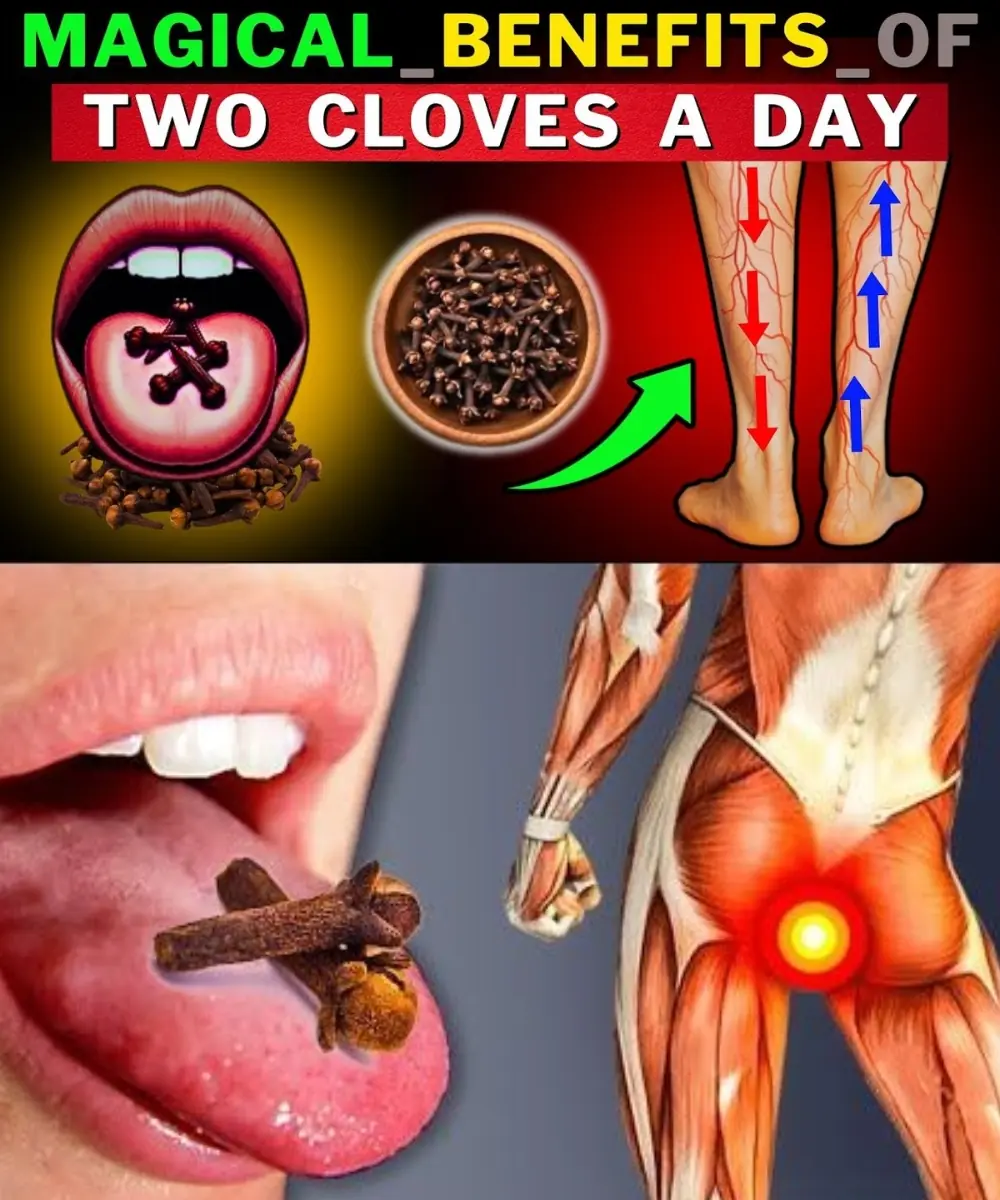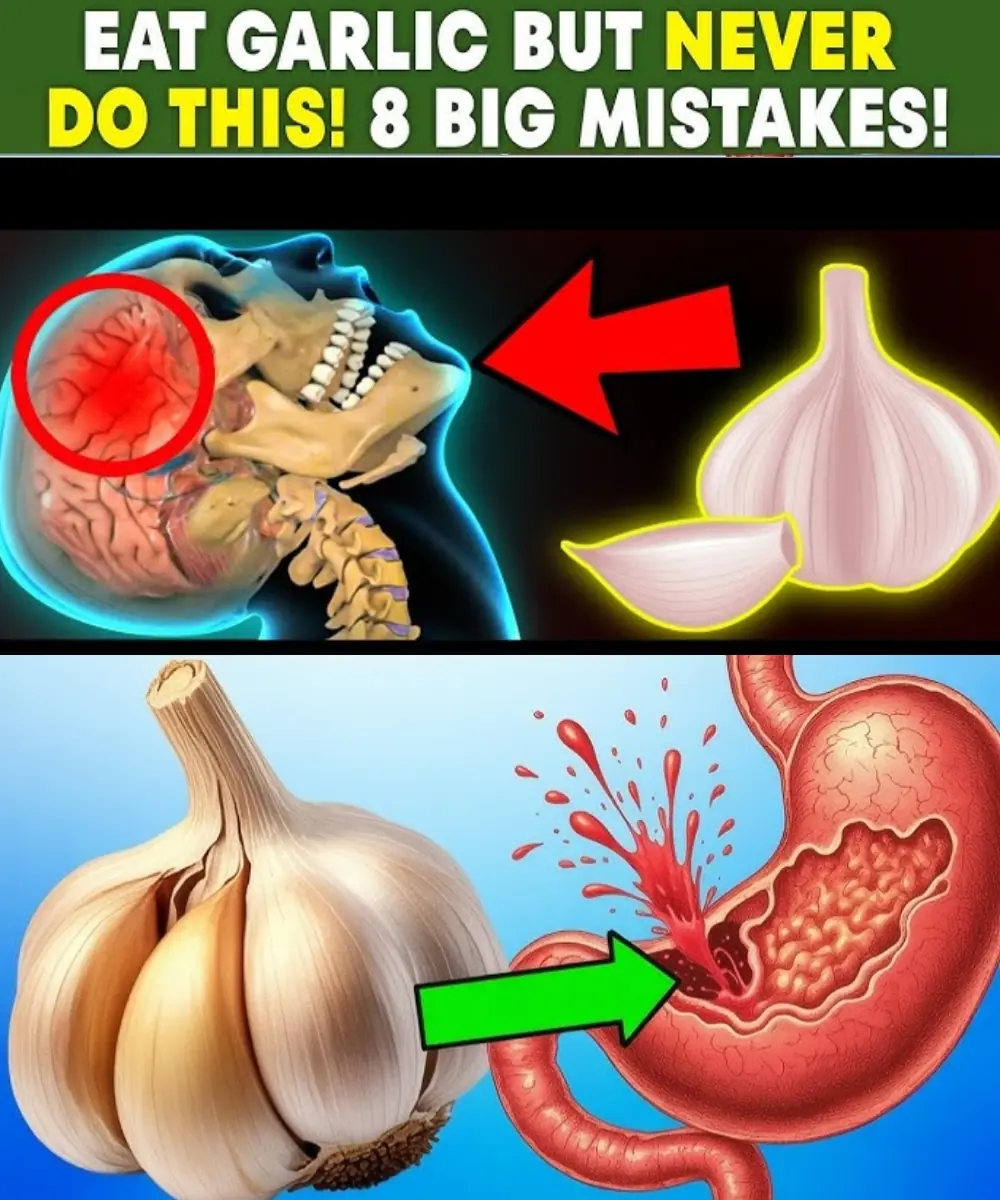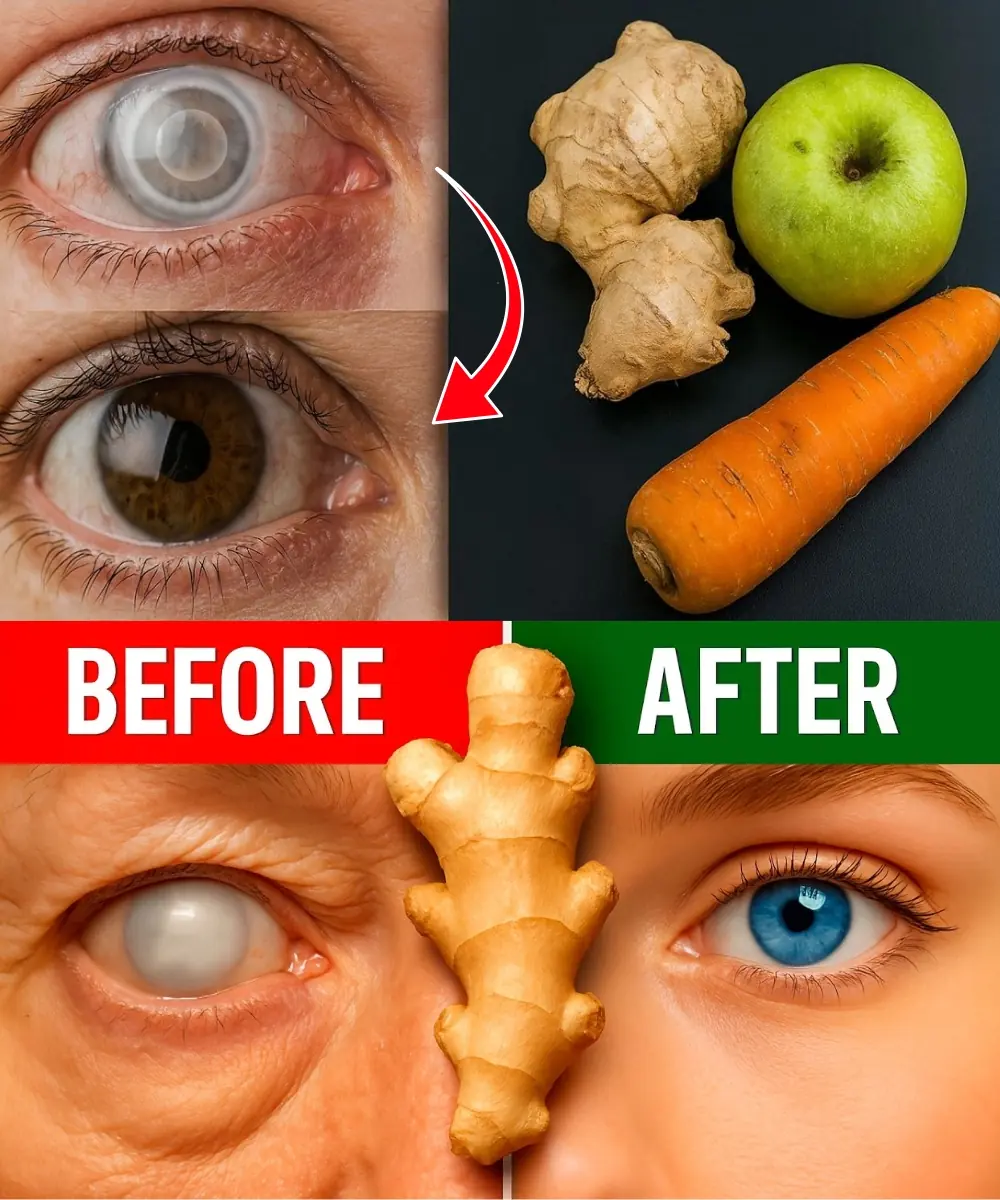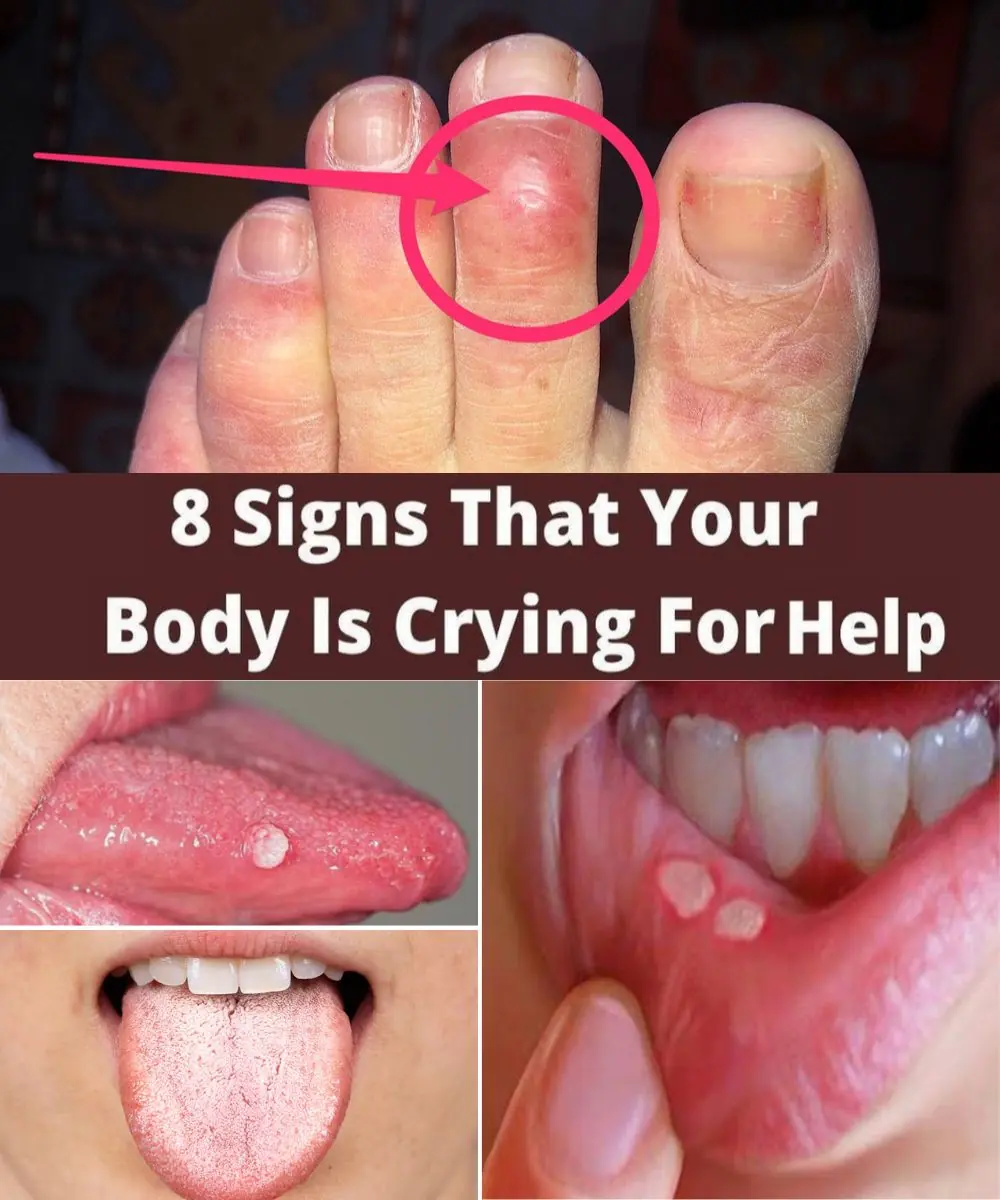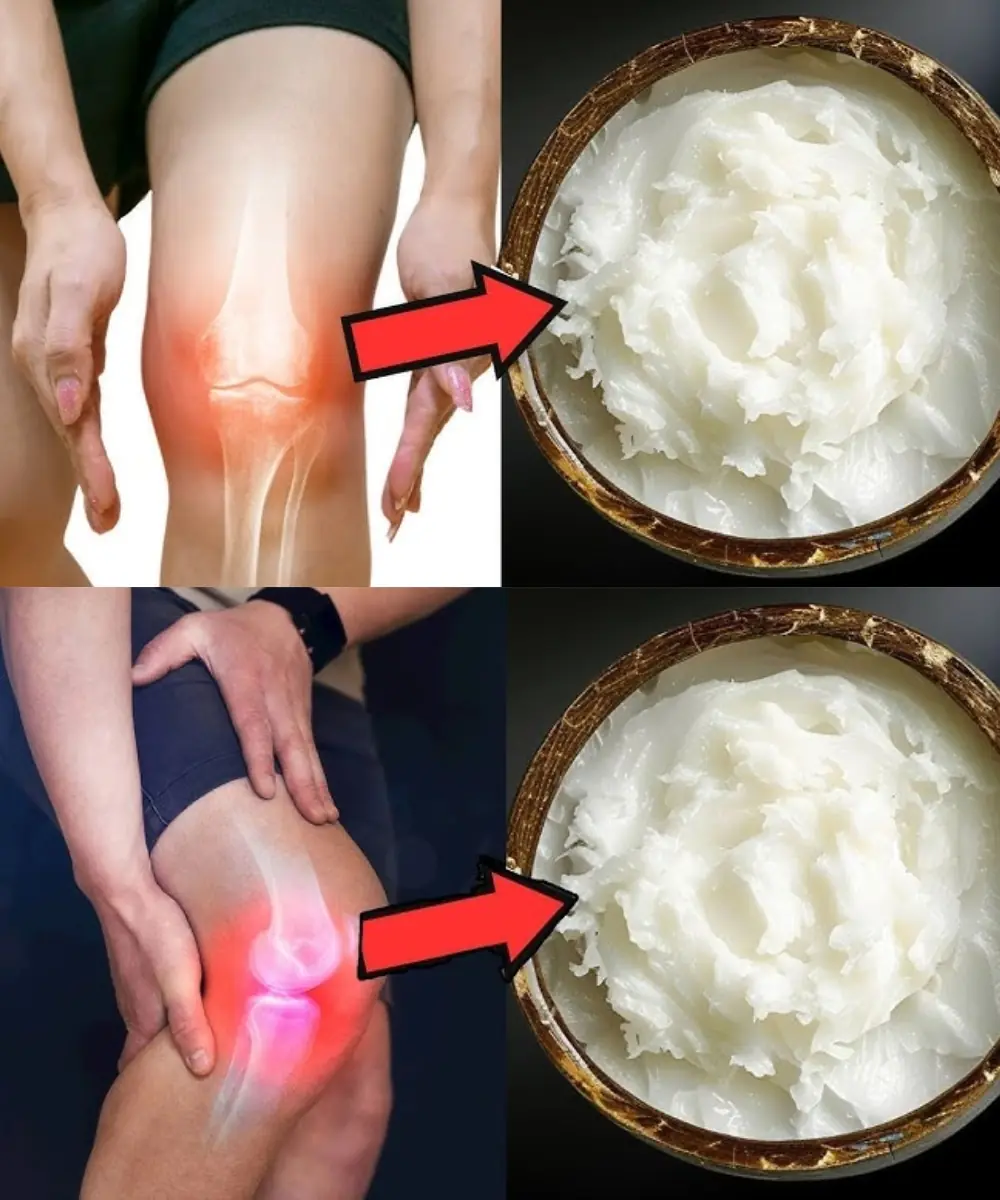our kidneys are two hardworking, bean-shaped organs that quietly maintain your body’s balance every day. They filter waste, regulate blood pressure, balance electrolytes, and even support red blood cell production. But when kidney function declines, the signs can be subtle—sometimes appearing only after significant damage has occurred. Recognizing early warning signs is crucial for protecting your kidneys and overall health.
Here are 23 signs your kidneys may be in trouble
1. Persistent Fatigue
Kidneys produce erythropoietin, a hormone that stimulates red blood cell production. Reduced kidney function can cause anemia, leading to constant tiredness.
2. Trouble Sleeping
Toxins that build up in the blood can disrupt sleep patterns and worsen conditions like sleep apnea.
3. Dry or Itchy Skin
Kidney issues can cause imbalances in minerals like calcium and phosphorus, resulting in dry, itchy, or flaky skin.
4. Frequent Nighttime Urination
Waking up often to urinate (nocturia) may indicate kidney problems or urinary tract issues.
5. Foamy or Bubbly Urine
Excess protein in urine (proteinuria) can make it appear foamy—a warning sign of kidney damage.
6. Swollen Ankles, Feet, or Hands
Fluid retention due to impaired kidney function can cause swelling (edema) in extremities.
7. Puffy Eyes
Protein leakage in urine may lead to puffiness around the eyes, especially noticeable in the morning.
8. High Blood Pressure
Unhealthy kidneys can disrupt blood pressure regulation, contributing to hypertension.
9. Shortness of Breath
Fluid accumulation in the lungs or anemia from kidney disease can cause breathing difficulties.
10. Metallic Taste in the Mouth
Toxin buildup can alter taste perception, leaving a constant metallic taste and bad breath (uremic fetor).
11. Loss of Appetite
Kidney-related toxin buildup often causes nausea and a reduced desire to eat.
12. Muscle Cramps
Electrolyte imbalances, such as low calcium or potassium, can trigger painful muscle spasms.
13. Difficulty Concentrating
Toxins and anemia can reduce oxygen flow to the brain, causing brain fog and reduced focus.
14. Cold Sensitivity
Even in warm environments, anemia linked to kidney issues can make you feel unusually cold.
15. Back or Side Pain
Pain in the lower back or sides may indicate kidney infections, stones, or polycystic kidney disease.
16. Skin Discoloration
A grayish or yellowish tint may appear when waste accumulates in the bloodstream.
17. Persistent Itching on Back or Arms
Chronic itching—not just from dry skin—can result from toxin buildup in the blood.
18. Sudden Weight Loss
Unexplained weight loss can be linked to nausea, vomiting, or reduced appetite caused by kidney issues.
19. Nausea and Vomiting
High toxin levels irritate the digestive system, leading to ongoing nausea or vomiting.
20. Bad Breath
Uremia can create an ammonia-like odor in the mouth.
21. Reduced Urine Output
Producing less urine than normal may indicate that your kidneys are struggling.
22. Dark or Bloody Urine
Tea-colored urine or blood in urine (hematuria) is often a sign of kidney damage or infection.
23. Swelling Around the Abdomen
Severe fluid retention can cause bloating or swelling in the stomach area.
Protecting Your Kidneys
If you notice several of these signs, take action immediately. Early detection is essential. Some ways to support kidney health include:
-
Staying well-hydrated
-
Eating a kidney-friendly diet (low sodium, moderate protein)
-
Managing blood sugar and blood pressure
-
Limiting overuse of painkillers and NSAIDs
-
Scheduling regular medical check-ups
Final Thoughts
Kidneys rarely send loud warning signals until damage is advanced. Paying attention to these 23 subtle signs can help you act early, seek medical advice, and protect your long-term health.
